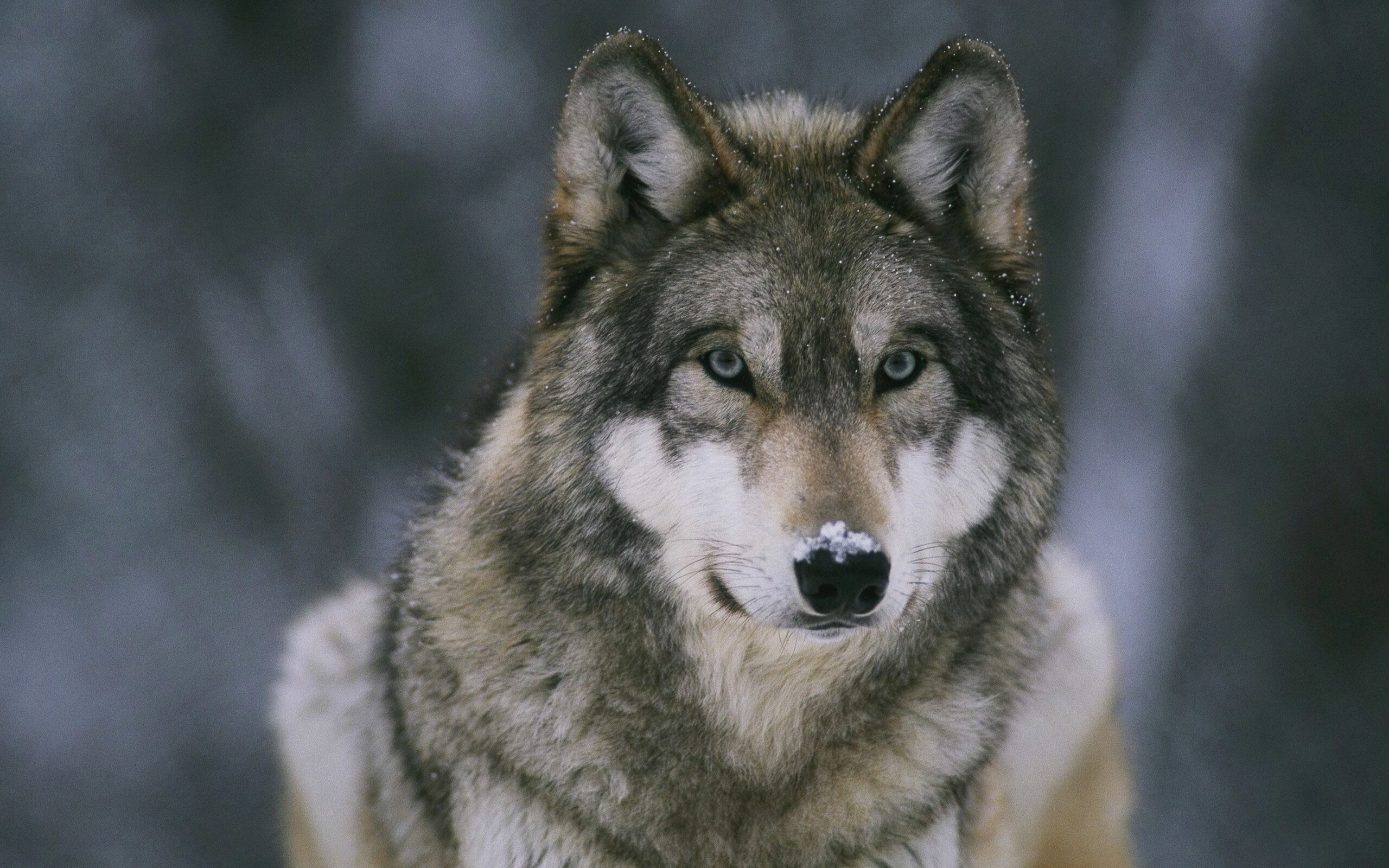Wolves have fascinated humankind throughout history, captivating our imagination and stoking our primal fears. From beloved characters in folklore, like the cunning wolf in “Little Red Riding Hood,” to iconic portrayals in modern media, such as the fierce and loyal direwolves in “Game of Thrones,” wolves symbolize a complex amalgamation of meanings. Their raw, untamed essence has made them subjects of analysis in various cultural, spiritual, and psychological contexts. Exploring the dream meaning of wolves unveils layers of significance, providing insight into our subconscious, our societal values, and our individual psyches.
In dream interpretation, wolves often represent aspects of the self that are hidden or unacknowledged. They may embody instincts, desires, or fears that lurk beneath the surface. A dream featuring a wolf might suggest the need to confront an inner predator—those qualities we either fear or envy. The wolf’s dual nature—representing both fierceness and loyalty—can signify personal empowerment, urging the dreamer to embrace their wild side. Dreams infused with the imagery of wolves can also call attention to social situations, where one might feel threatened or isolated, much like a lone wolf navigating a perilous landscape.
Delving deeper into the symbolism, wolves have been heralded as teachers and guardians within numerous cultures. In Native American tradition, the wolf embodies deep instinct, intelligence, and the profound understanding of the human experience. It is often regarded as a guide on journeys of self-discovery. Similarly, in ancient Norse mythology, Fenrir, the immense wolf, represents fate and destruction yet is also tied to the inevitability of change. Thus, the wolf symbolizes both the chaos of life and the wisdom gained through hardships.
When examining the spiritual undertones of wolves, their meanings vastly differ across religious frameworks. In Christian symbolism, wolves often present a dichotomy. They have been portrayed as lurid figures representing malevolence, as seen in the Biblical admonition of being “wise as serpents and innocent as doves” in relation to predatory “wolves” in sheep’s clothing. Conversely, some interpretations view the wolf as a creature representing Christ’s sacrifice in the face of adversity, encapsulating themes of loyalty and courage. This illustrates the multifaceted nature of wolves as both adversary and ally in spiritual narratives.
Islamic interpretations of wolves echo similar complexities. Wolves are recognized in some texts as representations of predation and danger, embodying resistance to faith and the corruption of youthful innocence, much like the notion of Sufism’s “the wolf in sheep’s clothing.” However, the wolf can also symbolize companionship and fidelity when positioned in the context of family or pack dynamics, highlighting the importance placed on loyalty to kinship. These diverse perspectives illustrate how spiritual beliefs influence the cultural significance attached to this powerful animal.
The psychology surrounding wolf symbolism provides another compelling layer. In Jungian psychology, the wolf is often aligned with the archetype of the shadow—the aspects of ourselves that remain in the dark. This includes instincts, emotions, and desires we suppress or deny. Encountering a wolf in dreams or reflections can prompt an individual to explore these darker facets, suggesting a profound internal journey towards self-acceptance. Additionally, the wolf’s social nature emphasizes the importance of community, linking back to the significance of relationships in shaping our identities.
Furthermore, the complexity of the wolf’s persona stimulates discussions around loyalty versus individuality. Socially, wolves thrive in packs, reflecting the innate human need for connection, love, and support. Yet, they are also famed for their independence, often roaming solo, thereby encapsulating the nuances of solitude and self-reliance. This duality offers a poignant lens through which to assess one’s own social dynamics and personal relationships.
According to folklore and mythology, various cultures imbue wolves with profound symbolic meanings that continue to resonate. For instance, in Celtic mythology, the wolf is linked to the Otherworld—signifying divine transformation and guidance through life’s precarious paths. In various Asian cultures, wolves are respected for their intelligence and loyalty, often regarded as protectors of the natural order. This universality of wolf symbolism reveals a shared recognition across humanity of the wolf’s majestic qualities and their connection to deeper truths about existence.
Ultimately, the dream meaning of the wolf transcends mere anecdotal evidence or folklore; it taps into the psychological and spiritual fabric of our lives. Whether viewed through the lens of literature, spirituality, or psychology, the wolf serves as a powerful emblem that urges us to confront our fears and insecurities while celebrating our primal instincts and deep-rooted connections to others. Embracing the wolf within us can guide us towards a more courageous and authentic existence, echoing the age-old call to reconcile the wild with the civilized—a dance of dichotomy that weaves together our most profound experiences.
